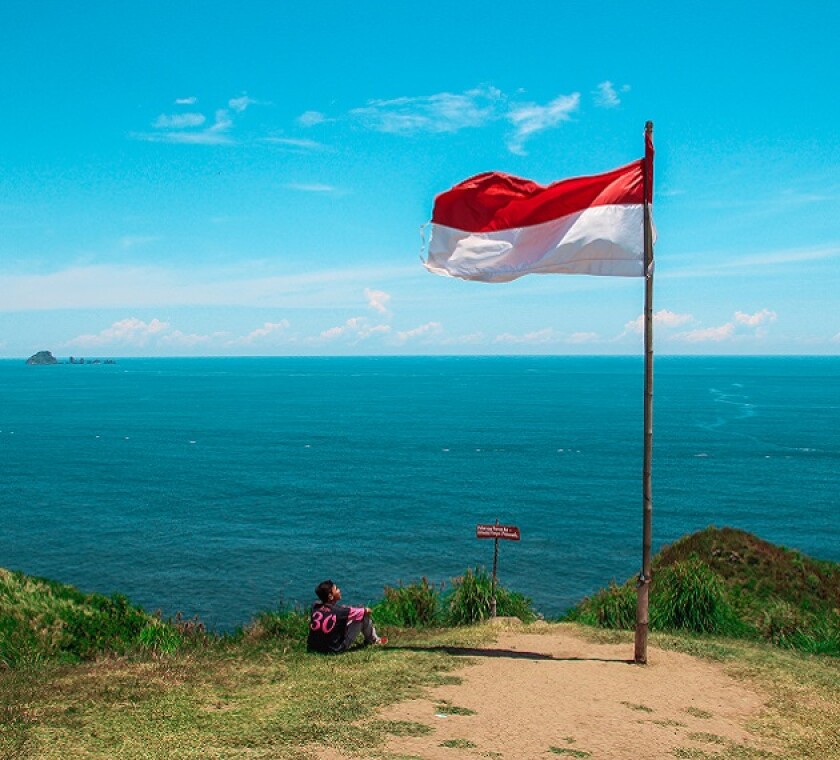Income tax incentives in response to COVID-19
On June 10 2020, the Indonesian government issued Regulation No. 29 of 2020 (GR-29) providing income tax facilities to qualified parties that have assisted the government in handling the COVID-19 pandemic. This included:
1. 30% additional deductible cost from the total costs for an Indonesian taxpayer that produces medical devices and/or household health supplies for handling COVID-19.
Such reduction may be applied on the medical devices’ production costs that are incurred up to September 30 2020, which are expensed simultaneously in the same fiscal year/period when the relevant costs are incurred. Taxpayers that use this facility shall submit a report of the medical device production cost to the Directorate General of Taxes (DGT).
2. Donations that may reduce gross income.
Donations in the form of money, goods, services and/or asset utilisation without receiving any compensation.
Donations made to a donation collection organiser such as the Indonesian National Board for Disaster Management (BNPB), the Regional Disaster Management Agency (BPBD), Ministry of Social Affairs, Ministry of Health, and any other donation collector institutions
Additional income from the government received by an individual who works in the health sector/institution handling the COVID-19 pandemic will be subject to 0% income tax rate. The 0% rate will be valid up to September 30 2020.
3. The income received from the government in the form of compensation and/or indemnity from the rental of land, building, and any other assets related to COVID-19 handling is subject to 0% final income tax rate. The 0% rate will be valid up to September 30 2020.
4. Buybacks of shares that are traded through the stock exchange.
Indonesian qualified share issuers that buy back the company’s shares may be entitled to a 3% lower income tax rate if the buyback is in line with the policy from the central government or the authorised institution to cope with significantly fluctuating market conditions.
The facility will be valid if the share buybacks are done before September 30 2020.
Income tax rate reduction for publicly listed companies
On June 19 2020, the government issued Regulation No. 30 of 2020 (GR-30) to stipulate several new provisions on income tax reduction for publicly listed companies.
The current corporate income tax (CIT) rates are:
22% for 2020-2021
20% starting in fiscal year 2022 onwards
Under GR-30, publicly listed companies with at least 40% of paid-in shares listed on the Indonesia Stock Exchange will enjoy an additional 3% reduction in the CIT rate. The salient points of GR-30 are as follows:
Taxpayer
|
Tax rate
FY 2020
|
Tax rate
FY 2021
|
Tax rate
FY 2022
|
|
|
22%
|
22%
|
20%
|
| Domestic corporate taxpayers with certain conditions:
|
19%
|
19%
|
17%
|
This provision does not apply for the following shareholders:
Public companies that buy back their shares; and/or
Those considered have a special relationship as regulated under the income tax law or the capital markets law.
Implementation of ASEAN-Hong Kong SAR, China free trade agreement
As implementing regulations to the ratification of the free trade agreement (FTA) between the Association of Southeast Asian Nations (ASEAN) and Hong Kong SAR, China (AHK-FTA), the Ministry of Finance has issued the following two regulations:
MoF Regulation No. 79/PMK.010/2020 dated July 3 2020 concerning the import duty tariff in the context of the ASEAN-Hong Kong SAR, China FTA (PMK-79/2020). The effective date of PMK-79/2020 is July 4 2020. Based on PMK-79/2020, the import duty tariff on imports from ASEAN members states and from Hong Kong SAR, China based on the AHK-FTA shall be reduced gradually every year, starting from year 2020 up to year 2031 onward.
MoF Regulation No. 80/PMK.04/2020 dated July 3 2020 concerning the procedures for imposition of import duty tariffs based on the ASEAN-Hong Kong SAR, China FTA (PMK-80/2020). The effective date of PMK-80/2020 is July 4 2020. Under PMK-80/2020, there is certain criteria of origin of goods in order to enjoy the preferential tariff under AHK-FTA.
Implementation of Indonesia-Australia comprehensive economic partnership agreement
As implementing regulations to ratification of the comprehensive economic partnership agreement (CEPA) between Indonesia and Australia, the Ministry of Finance has issued two regulations, as follows:
MoF Regulation No. 81/PMK.010/2020 dated July 3 2020 concerning import duty tariff in the context of the CEPA between Indonesia and Australia (PMK-81/2020). The effective date of PMK-81/2020 is July 5 2020. Based on PMK-81/2020, the import duty tariffs on imports from Australia based on the Indonesia-Australia CEPA will be reduced gradually every year, starting from year 2020 up to year 2036 onward.
MoF Regulation No. 82/PMK.04/2020 dated July 3 2020 concerning procedures for imposition of import duty tariff based on the Indonesia-Australia CEPA (PMK-82/2020). The effective date of PMK-82/2020 is July 5 2020.
DGT regulation on criteria for e-commerce VAT collectors
As an implementing regulation to Ministry of Finance Regulation No. 48/PMK.03/2020 dated May 5 2020 (PMK-48/2020), the Director General of Tax (DGT) has issued regulation No. PER-12/PJ/2020 Concerning Criteria of Collectors, collection, payment, and reporting of VAT on utilisation of intangible goods and/or taxable services from outside the customs territory within Indonesia through electronic systems (PMSE or e-commerce VAT collector).
Criteria of PMSE VAT collector
The PMSE VAT collector is appointed by the Minister of Finance and delegated to the Director General of Tax (DGT). To be appointed as a PMSE VAT collector, the individual or entity should meet the following criteria:
The value of transactions with the Indonesian buyers/service users exceeds IDR600 million ($40,600) per year or IDR50 million per month; and/or
The traffic or accessors total more than 12,000 per year or 1,000 per month.
On July 7 2020, the DGT issued press release No. SP-29/2020 on announcement of the first list of PMSE VAT collectors, i.e.:
Amazon Web Services;
Google Asia Pacific;
Google Ireland;
Google;
Netflix International; and
Spotify.
Hartiadi Budi Santoso
T: +62 21 2988 0681
Reza Farhan
T: +62 21 2988 0681













